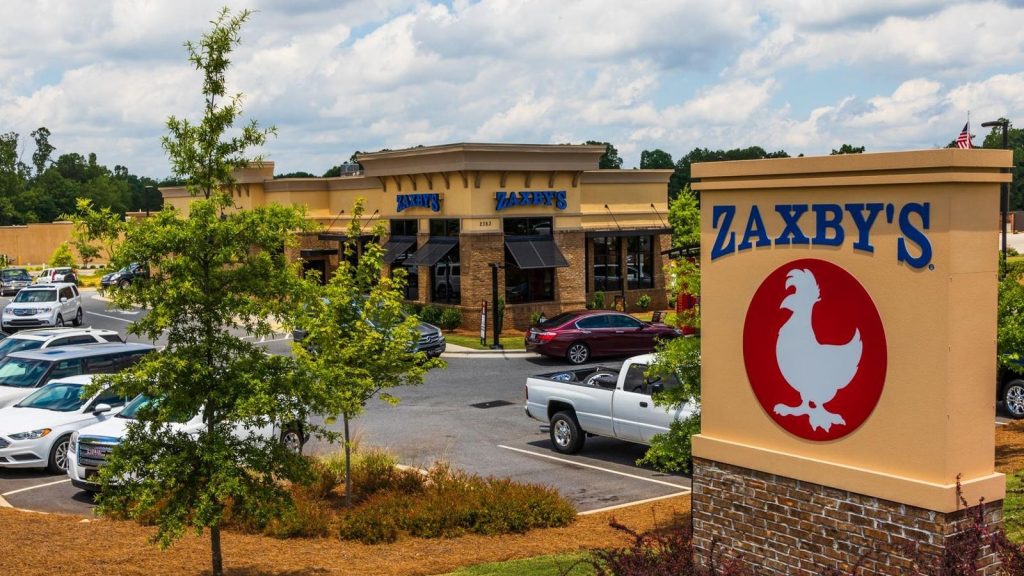Tony Townley, co-founder of Zaxby’s, achieved a victory against the IRS, securing a confidential settlement in his pursuit of a $43 million tax refund related to a conservation easement donation. While the exact amount remains undisclosed, the settlement’s review by the Joint Committee on Taxation confirms it exceeded $2 million. This case, distinct from the controversial syndicated easement arrangements, highlights the ongoing debate around easement valuations. Unlike syndicated deals, where investors pool resources to purchase property and donate easements, Townley owned the property outright, making the donation independently. However, the pervasive influence of syndicated easement valuations, often criticized for inflation, likely played a role in this case.
The syndicated conservation easement industry, born from the 2009 Kiva Dunes case, exploits a legal framework allowing substantial tax deductions for donating land preservation rights. Kiva Dunes, a golf course crucial for migratory birds, faced development pressure. Owners, unable to claim a direct charitable deduction for preserving the land, created a partnership structure. Investors bought into the partnership, contributing capital and subsequently receiving tax deductions based on the donated easement value. This model sparked the rapid growth of a syndicated easement industry, despite inherent market limitations. Acquiring multiple land parcels at significantly below market value is rare, and easement values are typically a fraction of the land’s overall worth. Yet, the industry thrived on the premise that easement values could surpass the land’s full value.
This questionable logic, while espoused by some proponents like Robert Ramsey of the Partnership For Conservation, rarely holds up in court. The Senate Finance Committee, in a 2020 report, pinpointed inflated appraisals as the driving force behind syndicated conservation easement schemes. The Townley case epitomizes this valuation controversy. The $166.5 million deduction claimed for an easement on property assessed at $1.7 million, with a basis of $1.3 million, hinged on a highly speculative highest and best use scenario: gravel mining. The taxpayer’s appraisal justified this inflated figure by arguing a lack of comparable sales, claiming no other transactions involved a similarly thorough exploration of the land’s mining potential.
Recent Tax Court decisions, however, strongly refute such valuation methods. Judges consistently emphasize that fair market value reflects the present-day price a willing buyer and seller would agree upon, not speculative future income streams. In the Savannah Shoals case, the court drastically reduced the allowed deduction for a mining-based easement, stressing the taxpayer’s failure to establish the fair market value of the unencumbered property. Similarly, in Big Escambia Ventures, Judge Lauber rejected a massive deduction based on an inflated mining valuation, citing the unrealistic “mythical business world of income capitalization” often used in such appraisals. These cases underscore the judicial skepticism towards valuations based on hypothetical future profits.
Townley, rather than facing the Tax Court’s scrutiny, opted for a different strategy. Advised by attorney David Aughtry, he paid the disputed tax and sued for a refund in district court, a venue offering the potential advantage of a jury trial. Judge Clay D. Land, presiding over the case, criticized the government’s aggressive stance and seemed inclined to leave the complex valuation question to a jury. This prospect, coupled with the perceived sympathy a local businessman like Townley might garner from a jury less versed in intricate tax law, likely pressured the government into a settlement.
The wisdom of Townley’s approach is further reinforced by another mining easement case handled by David Aughtry. In _J L Minerals LLC_, the Tax Court drastically reduced a $16.7 million deduction to a mere $93,600, exposing the flawed logic of equating property value with the net present value of a hypothetical business venture. Like Townley’s, this case involved a non-syndicated easement, suggesting that inflated valuations are not exclusive to syndicated deals.
The overarching lesson from these cases is that while the Charitable Conservation Easement Program Integrity Act aims to curb abuses within syndicated easements, the underlying issue of inflated appraisals persists. The demand created by the syndication industry for exaggerated valuations has fostered a supply of compliant appraisers, a problem unlikely to vanish quickly. For taxpayers facing substantial easement disputes, the path taken by Townley – paying the tax and pursuing a refund in district court – currently appears more advantageous than navigating the increasingly skeptical Tax Court. This strategy exploits the complexity of valuation arguments and the potential for a more sympathetic outcome in front of a jury.










